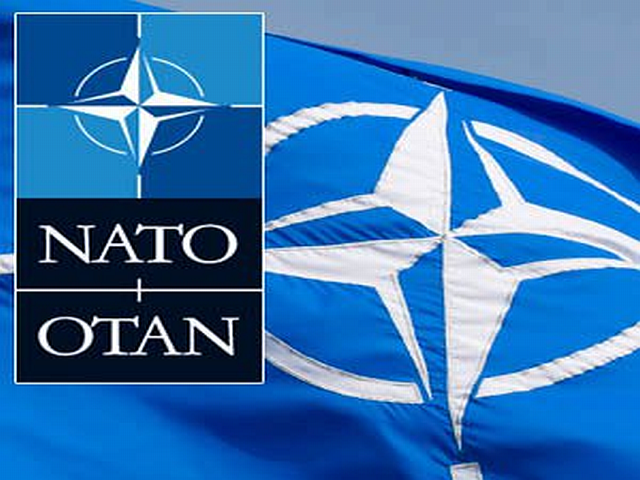NATO and the security of Europe
NATO will take defensive measures to protect Europe, should the nuclear arms treaty between Russia and the USA fall through.

Ştefan Stoica, 15.02.2019, 12:54
The withdrawal of Russia and the United States from the Intermediate-Range Nuclear Forces Treaty (INF) and the situation in Ukraine were the main topics on the agenda of the recent meeting of NATO defence ministers. As regards the security situation in Ukraine and in the region, the NATO ministers reaffirmed their support for the country’s territorial integrity, and Kiev was encouraged to carry on reforms. The Allies have also analysed and assessed the consequences of Russia’s breaking the INF.
The NATO Secretary General Jens Stoltenberg said the missile system developed by Russia is a significant risk for the Alliance, and has once again called on Russia to comply with the treaty. All 29 Allies agree that the Russian missiles are mobile, hard to detect and may reach European cities with little warning. In early February, the US announced it would leave the INF, criticising Russia for the development of its new cruise missile, and was quickly followed by Russia, which is unhappy with the American missile defence shield in Europe.
NATO insists on preserving the INF Treaty, seen as the cornerstone of European security for the past few decades. The document bans ground-launched nuclear missiles with ranges from 500 km to 5,500 km, and it has been the bedrock of Europe’s security architecture since its signature in 1987. As the NATO chief put it, “It’s clear that a treaty that is only respected by one side cannot keep us safe. That is why the United States, with the full support of all NATO Allies, has announced its intention to withdraw from the INF Treaty. This will take six months. So Russia still has a chance to come back into compliance. And we call on Russia to take this opportunity. Russia knows what to do.”
In turn, Moscow claims it is open to dialogue, but will not destroy its new nuclear-capable missile, news agencies say. The NATO Secretary General Jens Stoltenberg announced plans to meet with the Russian Foreign Minister Sergey Lavrov at the end of the week in Germany, on the sidelines of the Munich security conference, to discuss the future of the treaty.
Meanwhile, the Alliance is planning for a future without the INF Treaty and with more Russian missiles, Jens Stoltenberg says. Moscow, he adds, continues to develop missiles and has equipped several battalions already. Nonetheless, NATO has no intention to deploy new ground-launch nuclear missiles in Europe, but it must make sure that it has efficient defence and deterrence capabilities. In order to respond quickly and decisively to any future crisis, NATO is working on a plan in which allies will make available 30 combat ships, 30 land battalions and 30 air squadrons, deployable within 30 days.






























